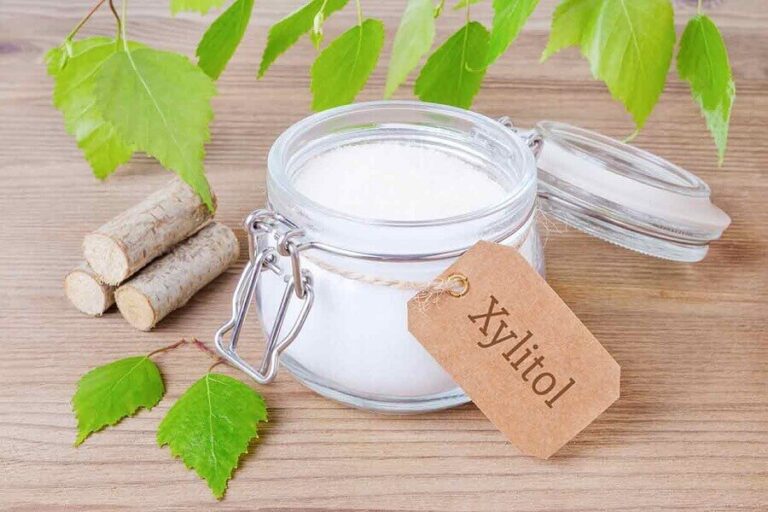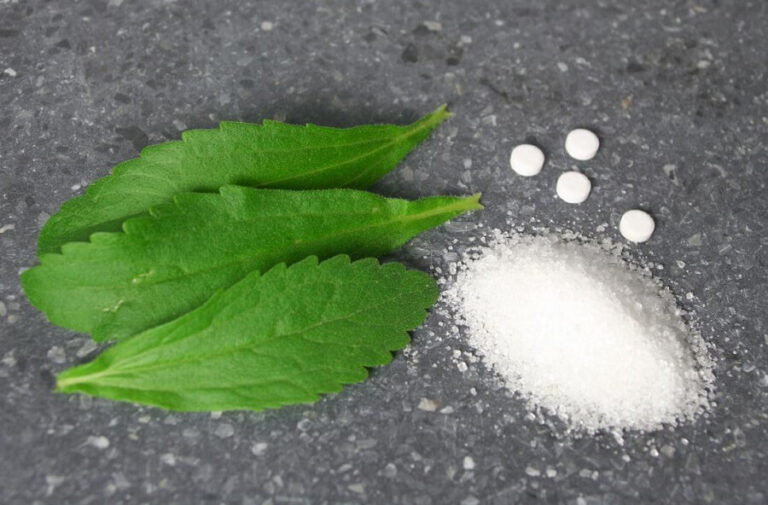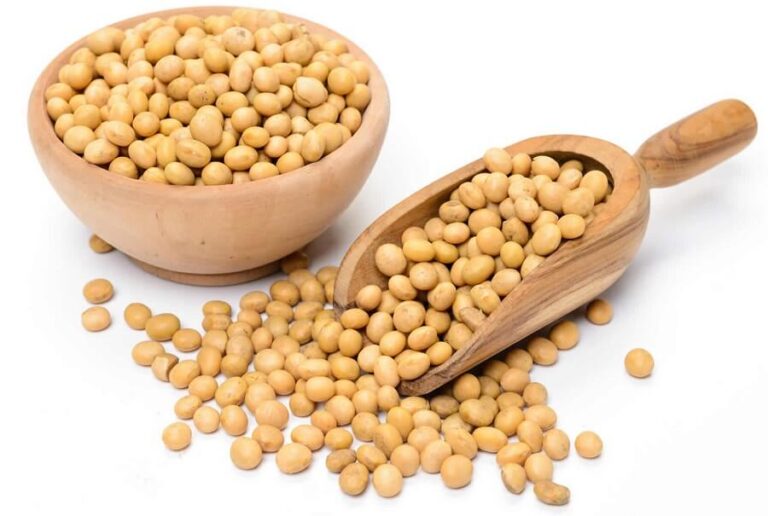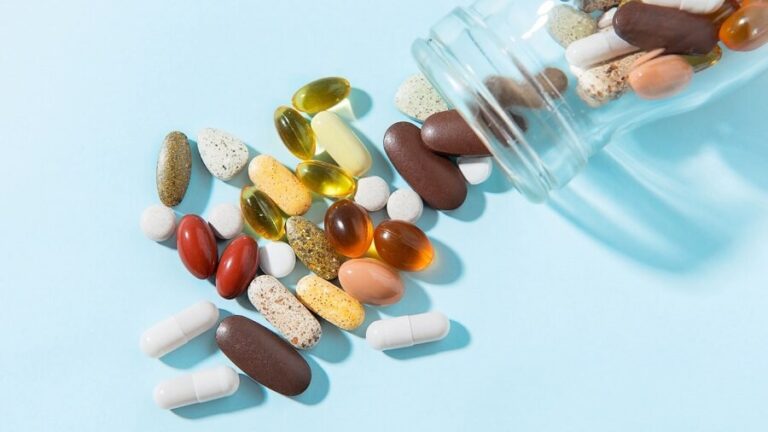It is not a myth that protein is one of the most important macronutrients for building muscle.
In fact, without protein, muscles can’t recover and increase in size. This is known as muscle hypertrophy.
However, you may have wondered if it is accurate that they cause side effects, for example, that they damage the kidney.
This article analyzes proteins’ myths and side effects to evacuate all your doubts.
Protein myths
Here are seven protein myths:
- More protein, more muscle mass – FALSE
One of the main tips when starting the gym is to increase the amount of protein in your diet. The fitness community has established the myth that eating a lot of protein equals an increase in muscle mass.
While the importance of protein cannot be denied, it has been confirmed that this macronutrient should not exceed 20% of total calories even when bulking is the goal.
- It will help if you eat proteins in a spaced-out manner – TRUE.
It is not a myth that the digestive system can absorb 10 grams of protein per hour. This is the equivalent of consuming about 120 grams of chicken breast, or tofu, at each meal.
So the ideal way to meet daily needs is to distribute them throughout the day. In English, this is known as protein timing.
- Everyone should eat the same amount of protein – FALSE.
Not all people should consume the same amount of protein. The WHO, ESPN, and other organizations have established figures according to the physical activity of each person.
A person who goes to the gym regularly needs 1.5 to 2.0 g of protein per kilogram of body weight per day. A person with moderate activity exercises 2-3 times a week needs 1.2 – 1.5 grams per day, and a passive person needs about 1.0 grams per kilo of body weight.
- Too much protein is bad for the kidney – TRUE.
This is one of the most controversial myths. While saying that more protein is bad for the kidney may be proper, it depends on how much protein it is and how it complements the rest of your diet.
An excess of protein (more than 2.0 grams per day) is achieved by taking shakes every hour could increase ammonia levels and cause excessive work on the kidney.
However, it is not true that taking two protein shakes per day will cause damage to the body.
- Vegetable proteins are worse than animal proteins – FALSE.
Although vegetable proteins tend to be less absorbable than animal proteins, and some are incomplete in amino acids, it depends on how they are combined.
It’s a myth that you can’t get high-quality plant-based protein. A person who carries out a plant-based diet must know how to combine them. For example, the mixture of rice with legumes allows a contribution of amino acids very similar to those of egg protein.
- Whey protein is toxic to the body – FALSE.
The networks have sparked certain protein myths, such as the development of disease and even death due to the consumption of whey protein. These publications do not have a severe foundation; The problem with whey protein is when it is consumed in excess and for long periods.
- Too much protein supplementation can cause lactose intolerance – TRUE.
It is not a protein myth the body can develop temporary lactose intolerance. Since most protein supplements are high in lactose, they can exceed the body’s ability to process them and cause side effects.
In addition, other people may be sensitive to certain compounds, as is the case with an allergy to milk protein – casein.
- Taking casein at night is better for recovering muscles – FALSE.
There are a lot of myths about casein. The best known is whether taking casein at night is better to recover the muscles. At the same time, casein can be absorbed 10-20% slower than other proteins, not a big difference.
It is more important to closely monitor your carbohydrate, protein, and fat ratio than taking casein at night to build muscle volume.
- Proteins are better than amino acids – It depends
The amino acids are the building blocks of proteins. So said, one of the most controversial myths is whether they are better or not. The answer: it depends on what amino acids we are talking about.
To build muscles, we need all amino acids. Therefore taking only a few, such as BCAA amino acids, is good to avoid muscle catabolism; it is not the best to increase volume.
Amino acids or BCAAs are recommended during the muscle definition stages. These protect the muscles from destruction. These supplements are a strategy to tone and dry the body without losing power.
- Proteins increase testosterone levels – FALSE.
Proteins are not capable of increasing testosterone . Several studies have tried to establish a connection between testosterone levels and proteins. However, they are still inconclusive. (3,4,5) Although they have come to the result that eating more protein will not bring additional benefits in increasing muscle mass.
Protein side effects
Protein is considered safe for most people. However, when an excess occurs, side effects may appear.
The side effects of excess protein are:
- Diarrhea
- Flatulence
- Acne
- Kidney disorders
- Temporary lactose intolerance
- Rashes
- Nausea and vomiting
The best proteins – are of high biological value
The best proteins are proteins of high biological value. These provide all the amino acids and are quickly absorbed. A classic example of this type of protein is that of the egg white.
You can also find them in other foods such as milk.
You can see more examples of high-quality protein in High-protein products.
RELATED:
ABSTRACT
There are several myths about proteins, some false and some true.
One of the true myths is that the body can assimilate up to 10 g per hour. Distributing the total amount 3 or 4 times is essential to achieve a correct absorption.
One of the false myths is that the more protein, the more muscle mass.
The recommended amount of protein for a physically active 70 kg adult is about 140 g per day. It is a myth that a more significant amount will bring better results in muscle growth.







